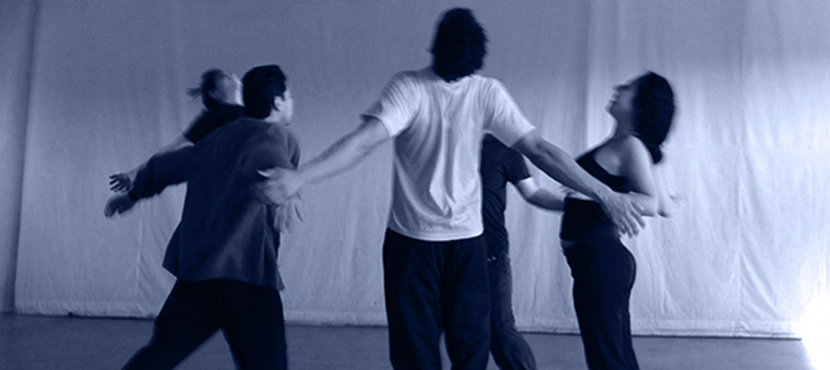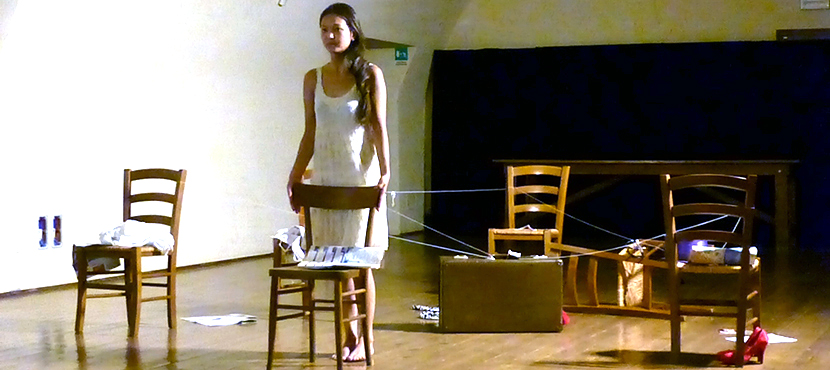What does it mean for an actor or a character to be in dialogue with another? Is dialogue simply a sequence of questions and answers or can it be so much more?
In this course you will learn to differentiate and engage with different types of dialogue such as a conversation, a dispute, a duel, or a game between willing or unwilling participants, external or inner dialogues, with words or without words, linear or spherical dialogues.
You will learn to analyze conflict, tension, and disagreement – which are often at the root of ancient and contemporary plays in the Western tradition – but also to see how dialogue is a way to talk “about” something, to discover the Other and exchange psychic, emotional, or practical material, to develop a common theme despite differences of opinion and points of view.
However, this is not a course on the history of dialogue, but rather a series of practical exercises meant for performers to connect at a visceral, energetic, and intellectual level with their interlocutors, depending on the circumstances, all the time fully receptive to the feedback loop activated between dialogic partners and the audience. You will learn to at the same time rely on a definite structure of agreements with your interlocutors and improvise freely as you respond to immediate stimuli in the now of the stage.
Everyone will start by working on Plato’s Ion. Then, depending on the length of the course, each performer will choose one or two dialogues from either classical or contemporary plays.
Textbooks (plays chosen depend on your focus on either heightened language or contemporary plays):
Alschitz, Jurij. The Art of Dialogue. Berlin: Ars Incognita, 2010.
Plato. Ion. In Ion, Hippias Minor, Laches & Protagoras. Trans. Alan E. Allen. New Haven, CT: Yale University Press, 1996.
Shakespeare, William. Much Ado About Nothing. Any recent edition post 2000.
Shakespeare, William. Richard III. Any recent edition post 2000.
A dialogue from any of the Pulitzer Prize winners or runners up for Drama from 2000 onwards


